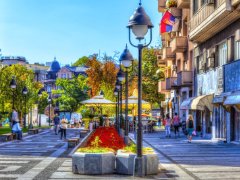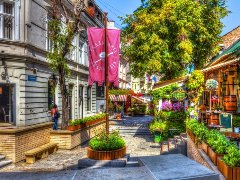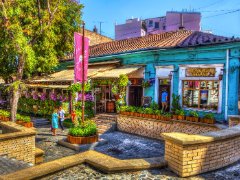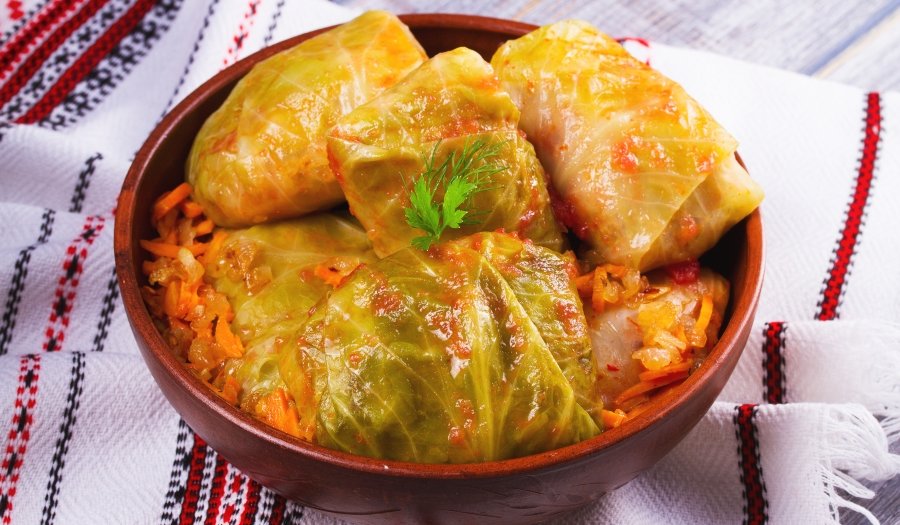
First association on Serbian cuisine. A dish that is believed to have arrived in the Balkans along with the Turks during a five-century rule. The name derives from the Turkish vocabulary, from the word sarmak which means twist, wrap. Sarma is not from Turkish cuisine. Historical records claim that it was prepared for Stefan Nemanja.
It is mandatory on slava, celebrations, a Sunday lunch for centuries. The perfect portion of the winter spell is indispensable in the menu of the local cuisine restaurant. There is no need to find the reasons why to try and love sarma. It is enough to try it. Everything becomes clear at the fisrt bite.
Five facts about Serbian sarma:
1. It is very nutritious and perfectly defies low winter temperatures
2. It is especially healing against hangover and fatigue
3. Perfectly agrees with other traditional tastes, and mostly with ajvar, cheese and hot bread
4. It provides long-lasting feeling of satiety
5. In the 19th century, it became popular and the first taverns are probably "guilty" for its fame
How to make sarma is often a question with a simple answer if you are listening superficially. Sour cabbage, minced pork or a mixture of pork and beef, rice, onion, spices, bacon or dried ribs so that they give a special smell and that is it. Wrapping the stuffing into cabbage leaves and placing them so that every piece of homemade art can "breathe" requires knowledge. The sarma recipe is not that complicated, but it is far simpler just to order and indulge in pleasure. With all senses.
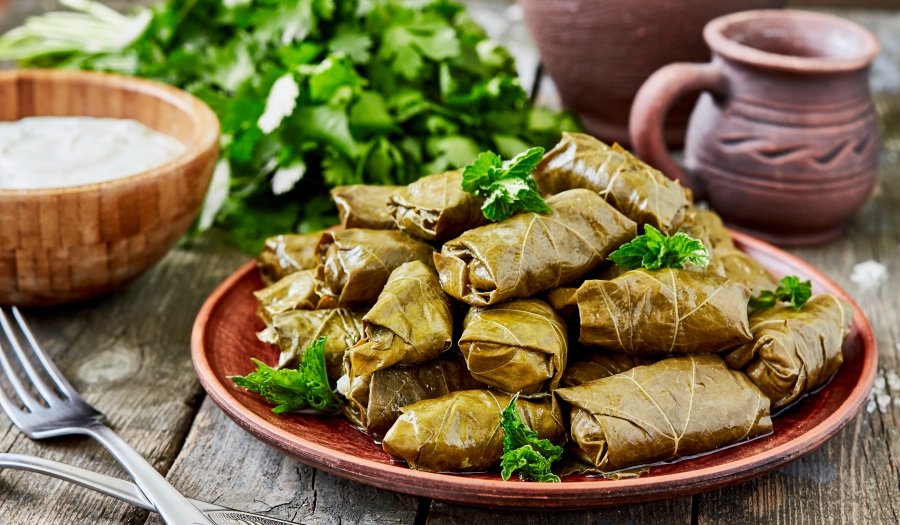
Original sarma is cooked with sour cabbage which is an important part of the winter. That is why genuine sarma is cooked and eaten only during autumn and winter. There is also a summer version. The recipe is the same and the only difference is in replacing the sour cabbage with wine or dock leaves. As such, it is always served with sour milk or it is poured over with yogurt. In the summer version, the name goes from sarma to sarmica.
Sarma is mentioned in folk songs. It found its place in jokes. It has its own "Sarmijada" competition. It is considered one of the oldest Serbian dishes. Sarma is not eaten only because of satisfying hunger. Sarma is loved.
RELATED CONTENT

Street Food "Vracarac" brings the holiday spirit to the heart of Vracar

Burgeraj has arrived!
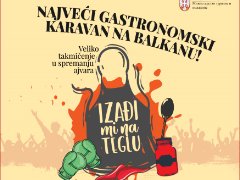
The grand finale of the caravan Izadji mi na teglu is coming to Belgrade on Saturday

Burgeraj - Burger paradise conquers the city center!

The Street Food Festival is coming to the Lower Town of Kalemegdan
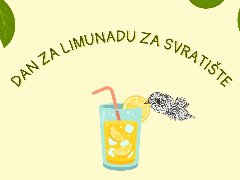
Lemonade Day for the Svratiste

A weekend in Block 70 marked by the Street Food Festival

